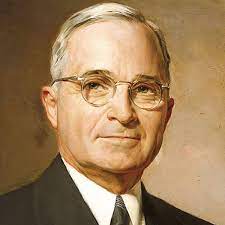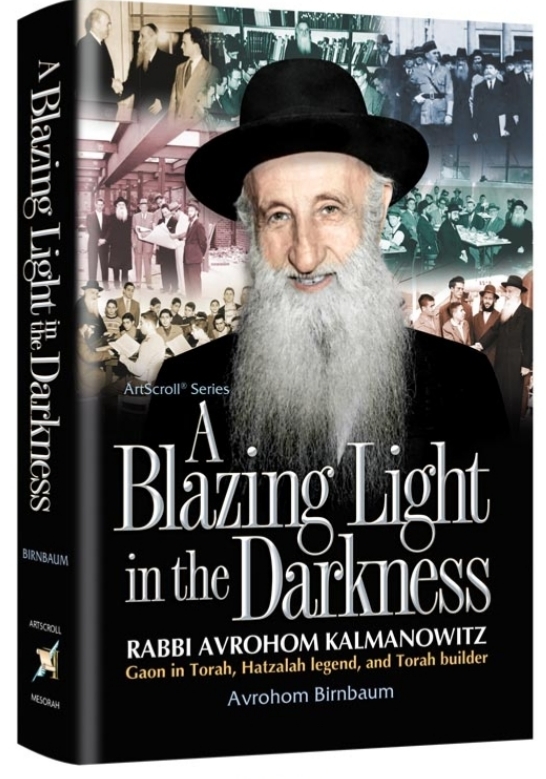Every Man Has His Hour, Part 2 Eddie Jacobson and Harry Truman and the Founding of the State of Israel

Synopsis
With the close of War II, 250,000 Jews languished in DP camps in Europe. In Palestine, turmoil reigned as British struggled to maintain order between Jews and Arabs even as they prevented Jews from entering the country. President Roosevelt promised the Arab Ibn Saud that the U.S. would not support a Jewish state, and the State Department was adamantly opposed to one. This was the gloomy picture in 1945. Then, in April of that year, Roosevelt suddenly died, and Harry Truman took his place.
Bible-believing Truman was sympathetic to a Jewish state, but not persuaded. He was worried about Arab oil, and he had legitimate fears of provoking a broader war in the Middle East. Plus, he was thoroughly alienated by “pushy New York Jews” and refused to meet any more Zionists.
Palestine was a powder keg, and a United Nations committee was formed to study the problem. It proposed “partition,” the creation of two states: Arab and Jewish. But would there be a two-thirds vote in the UN in favor? Would the State of Israel come into being? Here is “the rest of the story.”









